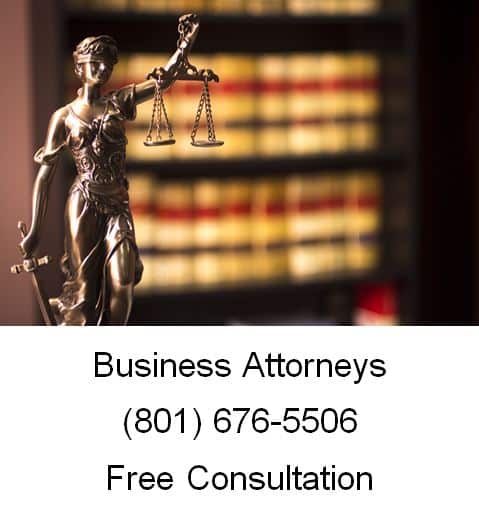
An Employer Identification Number (EIN) is a federal tax identification number similar to a social security number. Generally, all businesses must have an EIN in order for the Internal Revenue Service (IRS) to identify taxpayers who are required to file various business tax returns. Here are some answers to commonly asked questions regarding EINs.
Q: I recently formed a limited liability company (LLC). The LLC has no employees. Do I need a separate Federal Tax ID number for the LLC?
A: No, you will not need a separate Federal Tax ID number for the LLC if you are the sole owner of the LLC and the LLC has no employees. If you are not the sole owner of the LLC or if the LLC has employees, you will need a separate Federal Tax ID number for the LLC.
Q: Is an employer ID number the same as a tax ID number?
A: Yes, an employer identification number, or EIN, is also known as a taxpayer identification number, or TIN. A sole proprietorship that has no employees and files no excise or pension tax returns is the only business that does not need an employer identification number. In this instance, the sole proprietor uses his or her social security number as the taxpayer identification number.
Q: As a sole proprietor, do I need an employer identification number (EIN)?
A: As a sole proprietor, you would need to obtain an identification number if either of the following apply:
- You pay wages to one or more employees, or
- You file pension or excise tax returns.
If these conditions do not apply, your social security number is your taxpayer identification number.
Q: Is an employer identification number (EIN) required if the spouses are the only persons working in the business?
A: If both of you carry on a business together and share in the profits and losses, you are a partnership and each would receive a Form 1065, Schedule K-1 that is important for determining your self-employment income. If you work for your spouse, you should receive a Form W-2, showing taxes withheld and the owner spouse would claim the wages paid to you as a deduction. Both a partnership and a sole proprietor with an employee must have an EIN.
Q: Does a small company need a tax ID number?
A: A sole proprietor who does not have any employees and who does not file any excise or pension plan tax returns is the only business person who does not need an employer identification number. In this instance, the sole proprietor uses his or her social security number as the taxpayer identification number.
Q: How do I apply for an employer identification number (EIN)?
A: By telephone or mail. To obtain an EIN, you must complete Form SS-4, Application for Employer Identification Number. After you have completed the Form SS-4, you can get the EIN by mail, or by phone. The Instructions for Form SS-4 provide both an IRS service center address and a phone number to apply under the Tele-TIN program.
Online. You may also apply online. Once an EIN has been successfully completed and submitted, an EIN will be issued.
Through your state office. Some states participate in a program called the Fedstate Federal Employer Identification Number (EIN) project. This allows you to apply directly from your state.
Q: Under what circumstances am I required to change my employer identification number (EIN)?
A: If you already have an EIN, and the organization or ownership of your business changes, you may need to apply for a new number. Some of the circumstances under which a new number is required are as follows:
- An existing business is purchased or inherited by an individual who will operate it as a sole proprietorship;
- A sole proprietorship changes to a corporation or a partnership;
- A partnership changes to a corporation or a sole proprietorship;
- A corporation changes to a partnership or a sole proprietorship; or
- An individual owner dies, and the estate takes over the business.
EIN Lawyer Free Consultation
When you need legal help with an EIN or other business law matter, please call Ascent Law for your free consultation (801) 676-5506. We want to help you.
8833 S. Redwood Road, Suite C
West Jordan, Utah
84088 United States
Telephone: (801) 676-5506
Recent Posts
Can You Be Sued After Your Business Closes?


